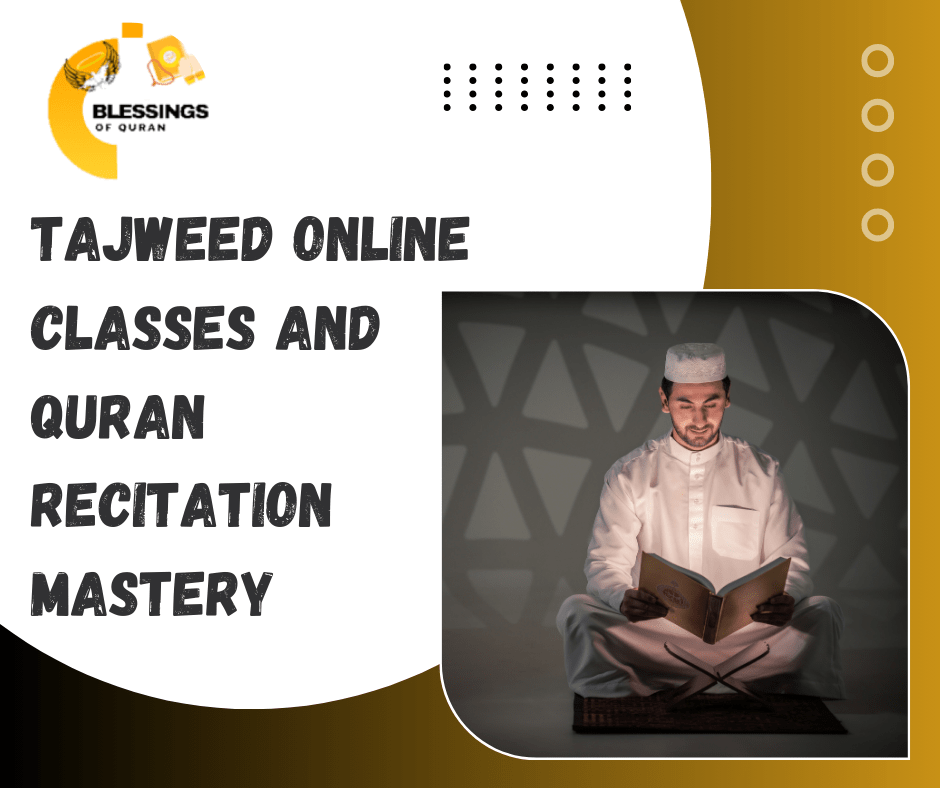Surah Al-Isra | Ayahs : 111 | Revelation Place : Mecca
Name
This Surah takes its name (The Night Journey) from v. 1. But this name is merely a distinctive appellation like the names of many other surahs and not a descriptive title, and does not mean that "The Night Journey" is the theme of this Surah.
The Period of Revelation
The very first verse indicates that this Surah was revealed on the occasion of Mi\`raj (Ascension). According to the Traditions and books on the life of the Holy Prophet, this event happened one year before Hijrah. Thus, this Surah is one of those which were revealed in the last stage of Prophethood at Makkah.
Background
The Holy Prophet had been propagating Tauhid for the previous twelve years and his opponents had been doing all they could to make his Mission a failure, but in spite of all their opposition, Islam had spread to every corner of Arabia and there were hardly any tribes which had not been influenced by his invitation. In Makkah itself the true Believers had formed themselves into a small community and were ready and willing to face every danger to make Islam a success. Besides them, a very large number of the people of Aus and Khazraj (two influential clans of Al-Madinah) had accepted Islam. Thus the time had come for the Holy Prophet to emigrate from Makkah to Al- Madinah and there gather together the scattered Muslims and establish a state based on the principles of Islam.
These were the conditions when Mi\`raj took place and on his return the Holy Prophet brought down the Message contained in this Surah.
Night Journey and Ascension (Isra and Mi'raj):
The miraculous Night Journey and the Prophet Muhammad's (peace be upon him) Ascension are the inspiration for Surah Al-Isra, which emphasizes the event's significance and its relationship to divine guidance.
Emphasis on Tawhid (Oneness of Allah):
The Surah places a strong emphasis on Allah's unity and rejects polytheism and the idea that He has companions.
Guidance for Righteous Conduct:
Surah Al-Isra offers instructions on moral behavior, upright behavior, and carrying out one's responsibilities to one's family, neighbors, and society.
Respect for Parents:
The Surah highlights the need of showing love and respect to parents. It tells Muslims not to even give their parents the "uff" (a sign of displeasure).
Accountability on the Day of Judgment:
It acts as a reminder to believers of the imminence of the Day of Judgment and their responsibility for their deeds, which in turn encourages them to live virtuous lives and complete their duties.
Prohibition of Usury (Riba):
Verses in Surah Al-Isra forbid usury and unethical business practices, and they promote fair business dealings and economic fairness.
Prayer and Humility:
The Surah emphasizes the significance of turning to Allah in supplication and seeking His guidance; it calls for frequent prayer and humility before Allah.
Warnings from Past Nations:
The Surah emphasizes the significance of turning to Allah in supplication and seeking His guidance; it calls for frequent prayer and humility before Allah.
Prophethood and Divine Revelation:
The continuation of prophethood and the sending of divine revelations are confirmed in Surah Al-Isra. It also recognizes the role played by different prophets in communicating God's word to humanity.
Steadfastness in Faith:
The Surah emphasizes the value of patience and endurance and exhorts believers to hold fast to their faith in the face of difficulties and hostility.
More To Explore
Tailored Learning Experience: Female Quran Teachers Making a Difference in Online Classes
Experience a unique and tailored learning experience with our Female...
Read MoreBeyond Borders: Virtual Quran Classes Bringing Arabic Learning to Your Doorstep
Break down the barriers of geography with our Arabic Quran...
Read More







